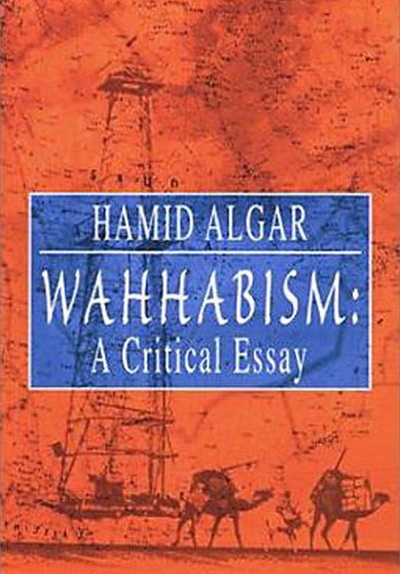



A week after the four bomb blasts in Riyadh which killed 24 people on May 12, the US, Britain and Germany shut down their embassies in Saudi Arabia after warnings that more deadly attacks could be expected.
The Saudi Arabian capital, Riyadh, was rocked by four massive explosions late on May 12, as Crescent was going to press. They were apparently aimed at Western targets in the city, including residential compounds where Western expatriates live, and the headquarters of an American-owned company, the Saudi Maintenance Company.
Wahhabism, a peculiar interpretation of Islamic doctrine and practice that first arose in mid-eighteenth century Arabia, is sometimes regarded as simply an extreme or uncompromising form of Sunni Islam. This is incorrect, for at the very outset the movement was stigmatized as aberrant by the leading Sunni scholars of the day, because it rejected many of the traditional beliefs and practices of Sunni Islam and declared permissible warfare against all Muslims that disputed Wahhabi teachings. Nor can Wahhabism be regarded as a movement of “purification” or “renewal,” as the source of the genuinely revivalist movements that were underway at the time. Not until Saudi oil money was placed at the disposal of its propagandists did Wahhabism find an echo outside the Arabian Peninsula.
1The Saudi ‘royal’ family rarely commits the error of publicly expressing anxiety or doubt about the durability of the House of Saud, or of openly criticising its US protectors’ backing for Israel.
The aftermath of September 11 has focused attention once more on the House of Saud and its ability to survive. There are growing indications that the genie of waning popularity, which the Saudi dynasty has long feared and tried to control by a legion of gimmicks, has again escaped.
As Muslims from all over the world begin to travel to the Hijaz for Hajj, ZAFAR BANGASH, Director of the Institute of Contemporary Islamic Thought (ICIT), discusses the true nature of the annual pilgrimage.
Dr Amien Rais has been credited with initiating the downfall of president Suharto in Indonesia. Leading the largest Islamic organisation - Muhammadiyah - he is considered a potential successor to B J Habibie in the next elections under the ‘reformasi’.
The Saudi rulers are about to undergo, for the first time, the humiliating experience of a public drubbing by a fully paid-up member of the desert kingdom’s inner elite.
The Saudi assertion that only 343 pilgrims (pilgrims) died in Mina in the April 15 fire has been challenged by eyewitness accounts who put the death toll at nearly 4,000. More than 12,000 were injured, many of them in the stampede that followed as the fire spread.
The Anglo-Saudi friendship treaty (December 1915) opened up vast new opportunities for Abdul Aziz ibn Saud. He became the recipient of British largesse - 80,000 annually (60,000 annually plus a lump sum payment of 20,000). His task was to harass Turkish allies in eastern Arabia and to disrupt their supply lines.

